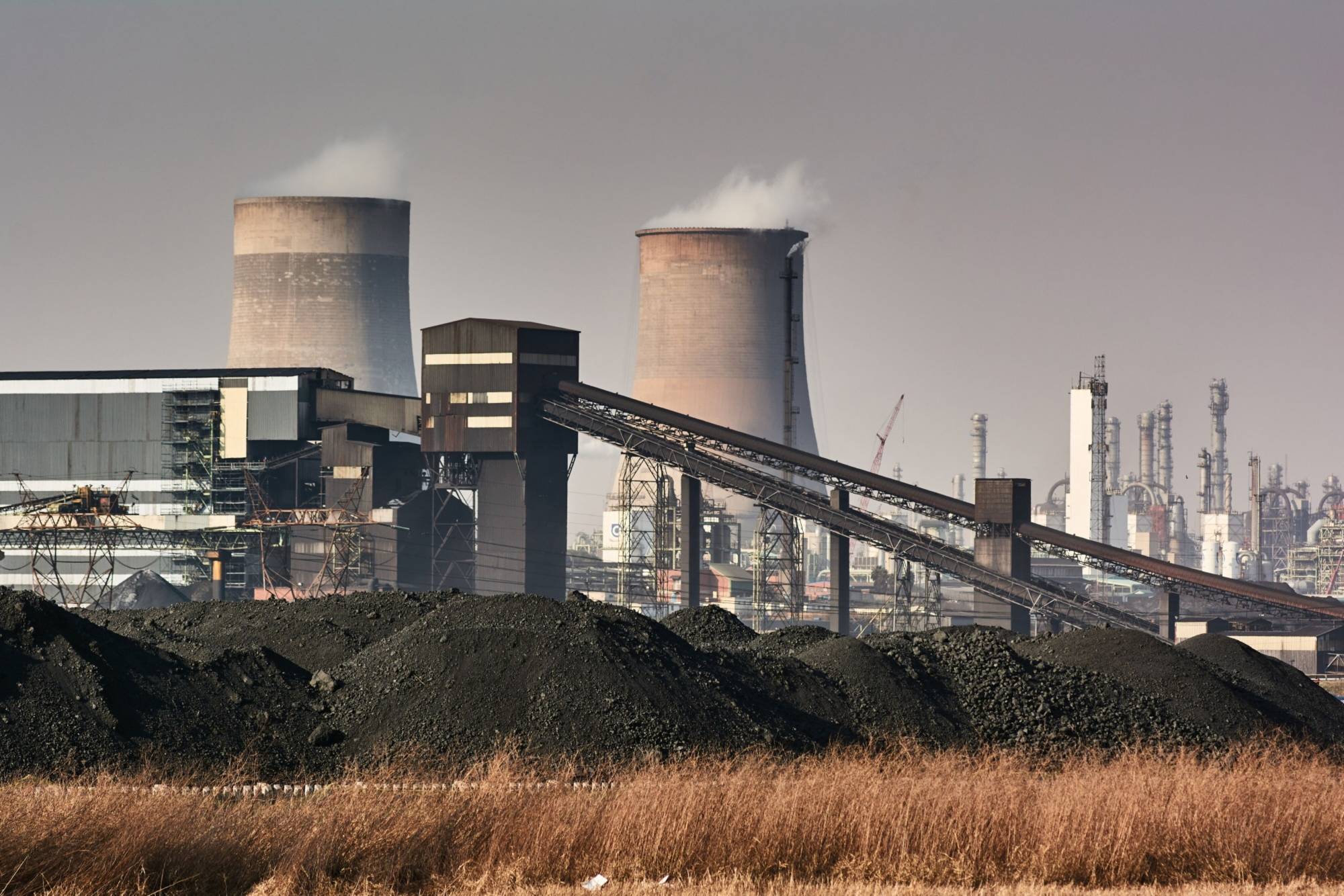The world is divided over how – and how aggressively – to respond to climate change.
While only a small minority of countries have committed to implementing rigorous fossil-fuel bans and reducing their carbon dioxide emissions, most others are doing little or nothing. The big question, then, is whether unilateral measures implemented by the minority can contribute to mitigating climate change or whether a global climate club with truly binding constraints is needed.
The COVID-19 crisis points to the likely answer. The pandemic, it turns out, served as a real-world experiment for assessing the mechanics of multilateral and unilateral climate policies.

















With your current subscription plan you can comment on stories. However, before writing your first comment, please create a display name in the Profile section of your subscriber account page.